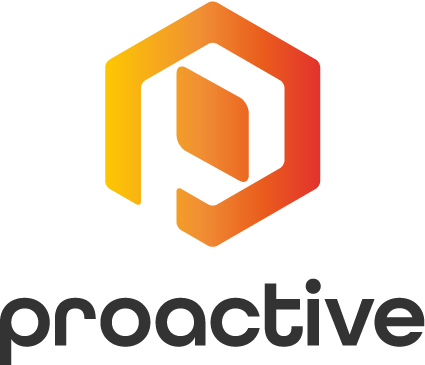Ironbark Zinc set to improve mine plan for its flagship Citronen Zinc-Lead Project

Ironbark Zinc Ltd (ASX:IBG) is revamping the decade-old mine plan for its Citronen Zinc-Lead Project in Greenland.
Managing director Michael Jardine said the feasibility study was revisited in 2017 but was purely a re-costing, rather than fundamentally reevaluating the plan.
He said: “That study doesnt reflect the advances in global mining techniques, equipment, thinking and learning over the last 10 years, as well as changes in the metal price.”
The company is now undertaking a re-optimisation study to look at alternative mining options for the project.
Jardine said: “This is the first step in genuinely updating the development plan for Citronen rather than just re-costing things that were decided quite a long time ago.”
Throughput optimisation[hhmc]
The optimisation study of the Citronen mine plan is inclusive of two throughput scenarios, 3.3 million tonnes per annum and 1 million tonnes per annum.
The study has two main objectives:
- To determine the viability of removing remnant ore pillars (post freezing of the tailings back-filled voids) independent of throughput rate, and
- To provide a preliminary evaluation of a production schedule for an initial 1 million tonnes per annum scenario, targeting an increased head grade in the opening years of production (around years one to three).
Preliminary results suggest that pillar removal will require a major revision to the mine design and scheduling, which would need to be completed prior to any evaluation of alternative throughput scenarios.
The targeted completion date for the study is mid-year 2020, but this may be delayed due to the COVID-19 health crisis.
Depending on the results of the mining optimisation study, a similar investigation may be undertaken around processing – reflecting advancements over the decade since Citronen was first studied in detail.
COVID-19 impacts[hhmc]
The global COVID-19 crisis severely impacted all economies and markets and whilst the exact flow-on effects to zinc supply and demand are currently unknown, significant disruption is likely.
However, Ironbarks operations are relatively shielded from the pandemics impact on work and travel as the field season in Greenland is in summer, meaning Ironbark will not be working in the field until late in the year.
Jardine said: “The work were doing now on the mine plan is a desktop exercise, so we dont need to do anything in the field to evolve our thinking.
“Were taking underlying drill data and trying to find a better way to mine the ore body, looking at different methods, and lifting the grade which will change the pit shell and profile of the operation.
“Were trying to give ourselves a second development option for the project.”
Recalibrating to suit the market[hhmc]
When the project was first drilled, the market was attributing value to junior companies with large projects, but now Jardine says that what the market wants from juniors has changed.
He said: “It wants grade, not scale, and deliverability, so were trying to recalibrate the offer to reflect where the priorities of the market are today.
“Were very much focused on adding value to the project.”
Greenland jurisdiction[hhmc]
While the Greenland government is strongly pro-development, with multiple resource companies actively pursuing developments, Jardine believes that Citronen has taken more time to progress because the jurisdiction is not well understood by the ASX.
He said: “Its about as far away from Australia as you can get, and artic mining is not well understood like it is in CRead More – Source
[contf]
[contfnew]

Proactiveinvestors
[contfnewc]
[contfnewc]




